NuScale E2 Center opens at Ohio State

NuScale Power Corporation this week announced the opening of its Energy Exploration (E2) Center at the Ohio State University in Columbus.


NuScale Power Corporation this week announced the opening of its Energy Exploration (E2) Center at the Ohio State University in Columbus.

Results from a recent Australian public opinion survey indicate that in Australia, women are much less likely than men to support nuclear energy. The findings of the survey, conducted by market research firm DemosAu on behalf of the Australian Conservation Foundation, somewhat reflect the findings about gender differences regarding nuclear energy in the United States—though the Australian gender split is much wider.

Jeffrey King
In August, the College of Engineering at Tennessee Technological University welcomed ANS member Jeffrey C. King as the founding director of its new nuclear engineering program. King, a leading force within the American Nuclear Society and a space enthusiast, is tasked with developing a new Department of Nuclear Engineering at Tennessee Tech after a more than 20-year absence of such a program at the university.
King comes to Tennessee Tech from the Colorado School of Mines, where he had been a professor of metallurgical and materials engineering for 15 years, leading the development of the nuclear science and engineering program and serving as director of the Nuclear Science and Engineering Research Center.

Since its inception in 2020, World Nuclear Energy Day has grown in awareness each year. The day is celebrated annually on December 2.
This year on December 2, the U.S. Senate passed a resolution for World Nuclear Energy Day, celebrating the peaceful development of nuclear energy technology and underscoring the vital role of nuclear power in strengthening the U.S. economy and supporting a reliable energy grid worldwide.

The OECD Nuclear Energy Agency’s Global Forum on Nuclear Education, Science, Technology, and Policy has developed the Nuclear Workforce Survey to explore how and why individuals decide to join the nuclear field and how their experiences impact decisions to stay or leave.
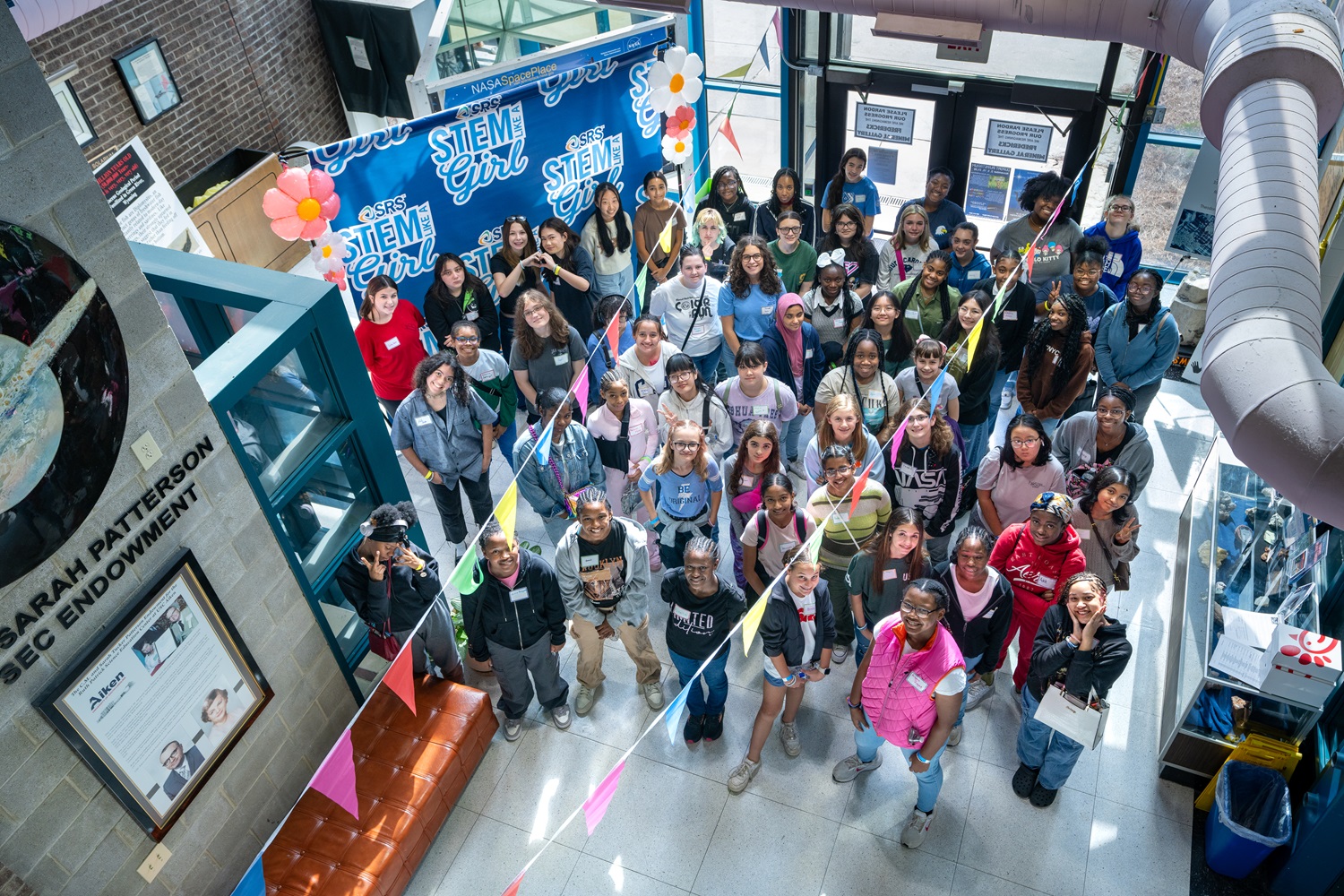
Nearly 60 eighth graders from schools across the central Savannah River area recently gathered at the Ruth Patrick Science Education Center in Aiken, S.C., for the Savannah River Site’s “STEM Like a Girl—Introduce a Girl to Engineering and IT” event. This initiative is designed to inspire the next generation of female engineers and STEM leaders.
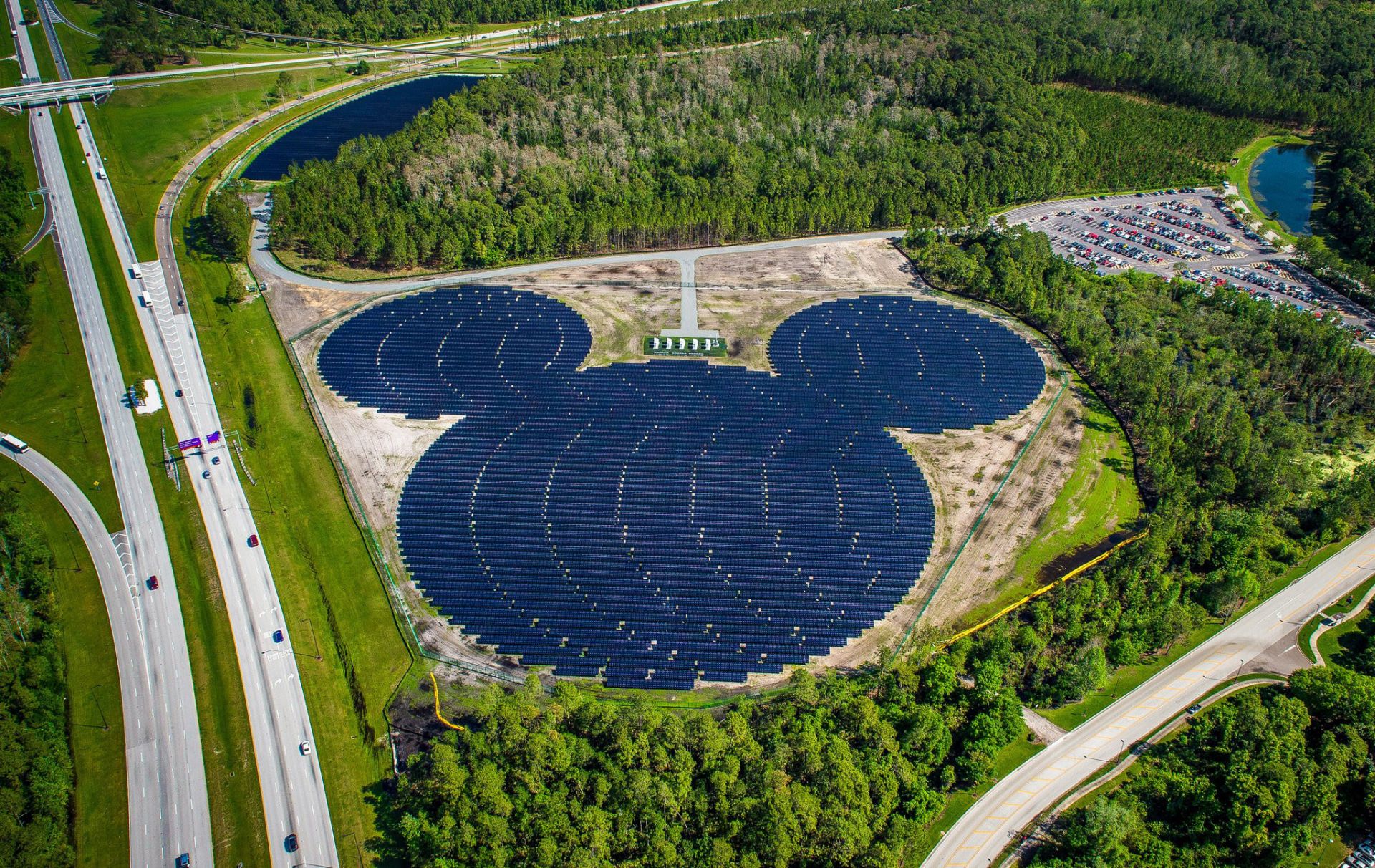
There is extra significance to the American Nuclear Society holding its annual meeting in Orlando, Florida, this past week. That’s because in 1967, the state of Florida passed a law allowing Disney World to build a nuclear power plant.
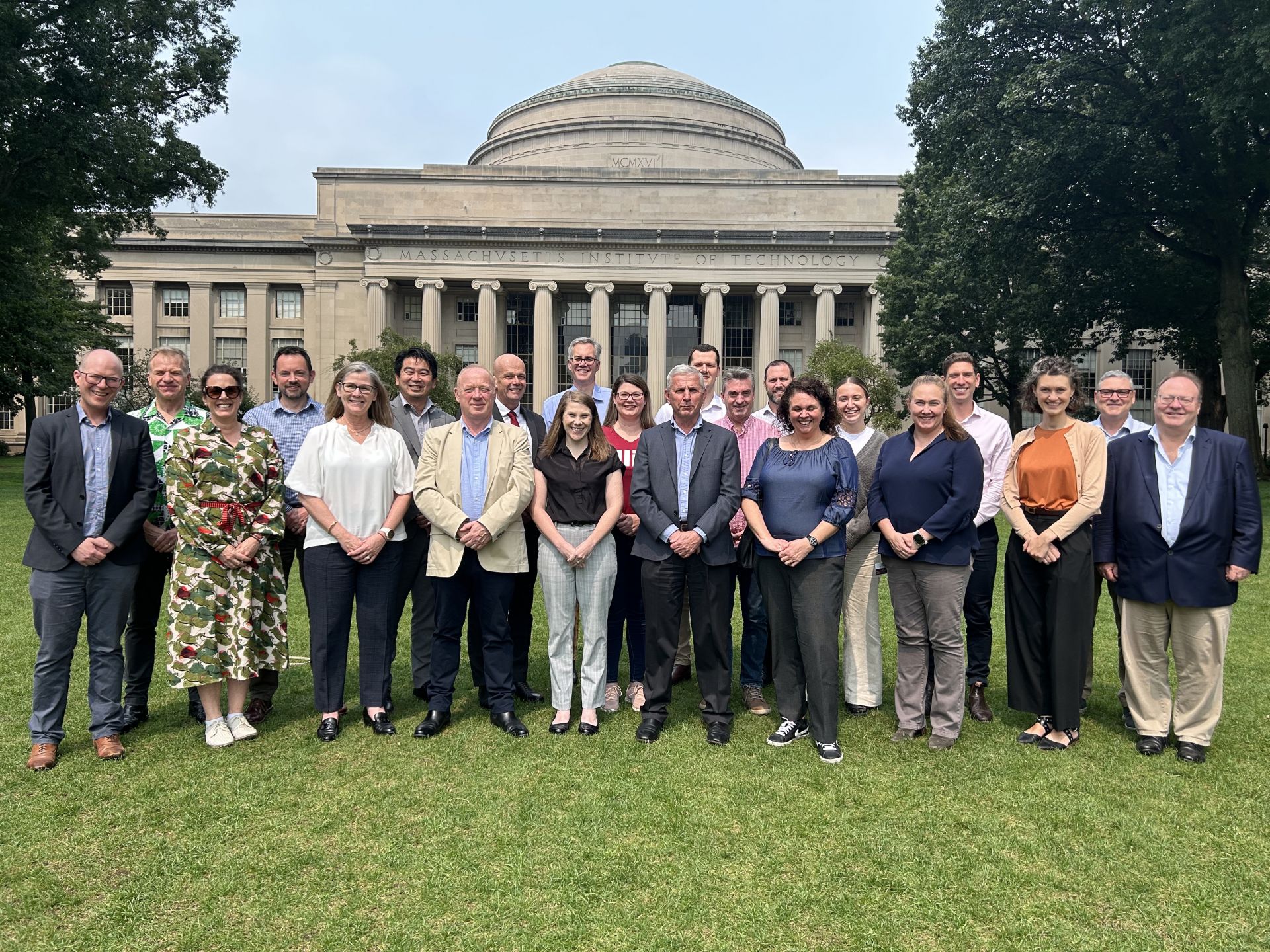
Some 30 nuclear engineering departments at universities across the United States graduate more than 900 students every year. These young men and women are the present and future of the domestic nuclear industry as it seeks to develop and deploy advanced nuclear energy technologies, grow its footprint on the power grid, and penetrate new markets while continuing to run the existing fleet of reactors reliably and economically.

A fascinating interactive LEGO model of CROCUS, a zero-power, uranium-fueled, water-moderated fission reactor used for teaching and research purposes at Switzerland’s École Polytechnique Fédérale de Lausanne (EPFL), has been created by Vincent Lamirand, a scientist at EPFL’s Laboratory of Reactor Physics and Systems Behaviour. Lamirand, who teaches courses on reactor experiments and radiation detection and leads the experimental research with CROCUS, is using the model to teach his students about the reactor. He is hoping that the LEGO company will eventually produce his model for the public to purchase.
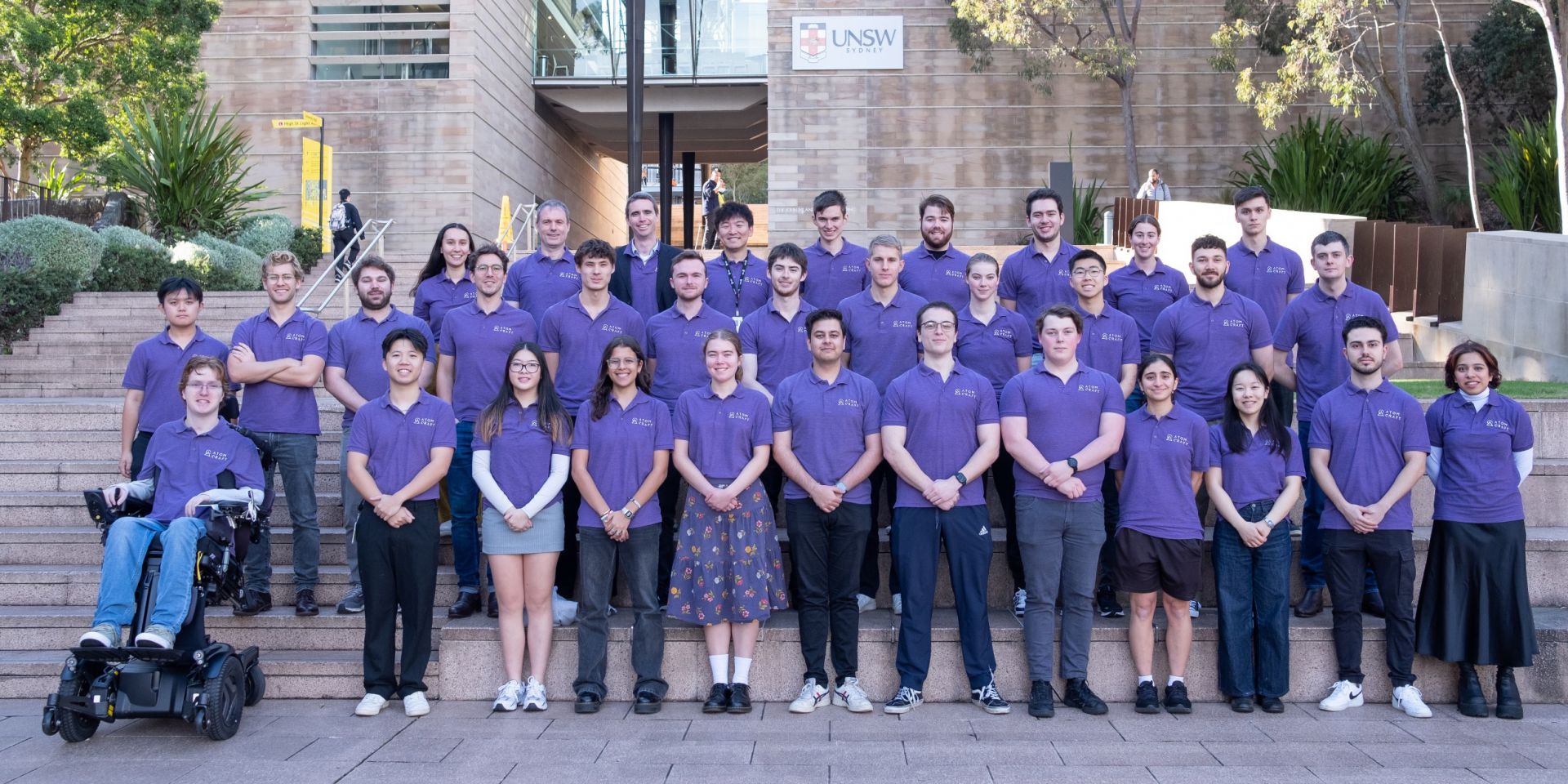
Commercial nuclear power is illegal in Australia, and it has been since the 1990s. This past June, however, the country’s main opposition party announced plans to build seven commercial nuclear reactors in the 2030s and 2040s on sites presently occupied by aging coal-fired plants—should the party’s Liberal–National Coalition win power in federal elections next year. This statement has reignited a public debate regarding the potential role of nuclear energy in Australia.
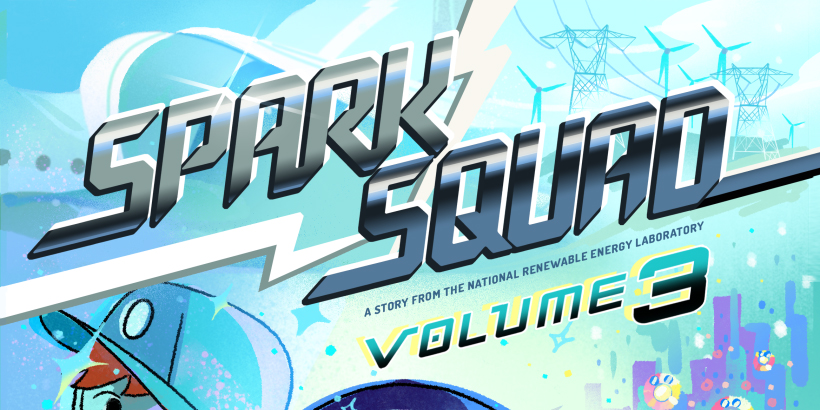
The latest volume in the Spark Squad comic books series was released Monday as part of national Nuclear Science Week, an international event highlighting the importance of nuclear.
The weeklong observance, held annually the third week of October each year, celebrates its 15th anniversary this year.
While further editions of Spark Squad are in development, the three existing volumes and learning activities that accompany each book can be found on the DOE’s website.
The Minority Serving Institution Partnership Program (MSIPP) of the Department of Energy’s National Nuclear Security Administration has recently awarded seven federal grants to projects involving minority serving institutions (MSIs).

Nuclear advocates across the country have been asking fans to cheer for more than just touchdowns this college football season. They want people to learn about and support nuclear energy.
They want them to “heart” nuclear as much as they do.
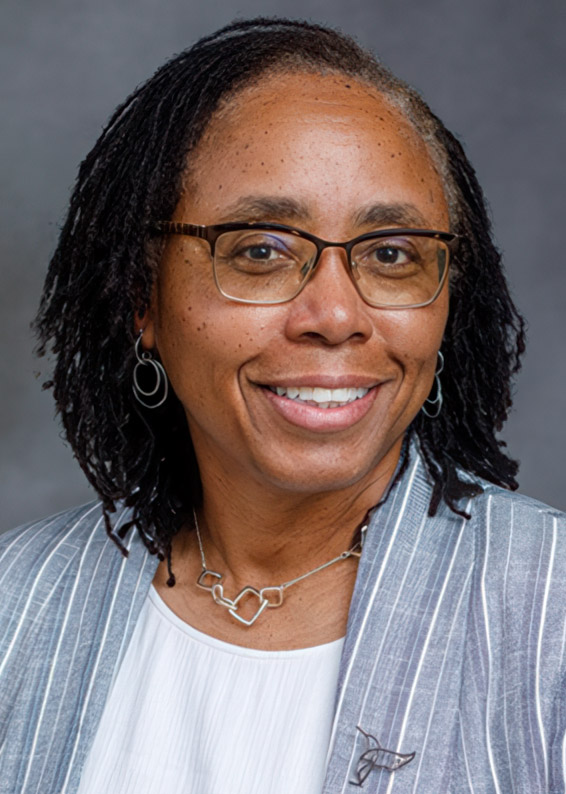
Earnestine Johnson
Even if conditions for mentoring are ideal, there is no guarantee that your employees won’t leave for other opportunities. Mentoring should be viewed as a duty and not as something that slows one’s work progress. In nuclear, we are challenged with striving continuously to become better professionals in our roles. Mentoring can accelerate that journey exponentially.
Although we will encounter employees who will not listen even in the best of mentoring moments, we cannot afford to lessen our efforts. Instead, work with those who welcome your time and your insights, because the nuclear industry can be an overwhelming realm to enter. We grow accustomed to the sheer volume of acronyms we use, the system complexities and nuances, the challenging and stringent regulatory environment, the personal challenges from fellow co-workers, and the high stakes associated with nuclear safety. Any one of these represents a challenge for even the most skilled engineers and technicians—and we sometimes take for granted this insider knowledge, forgetting that newcomers to the field do not yet have that perspective.

More than 4,700 attendees recently filled the Augusta Convention Center in Georgia in search of higher education and career opportunities during the Savannah River Site Central Savannah River Area College Night. The Department of Energy’s Savannah River Site is in South Carolina.
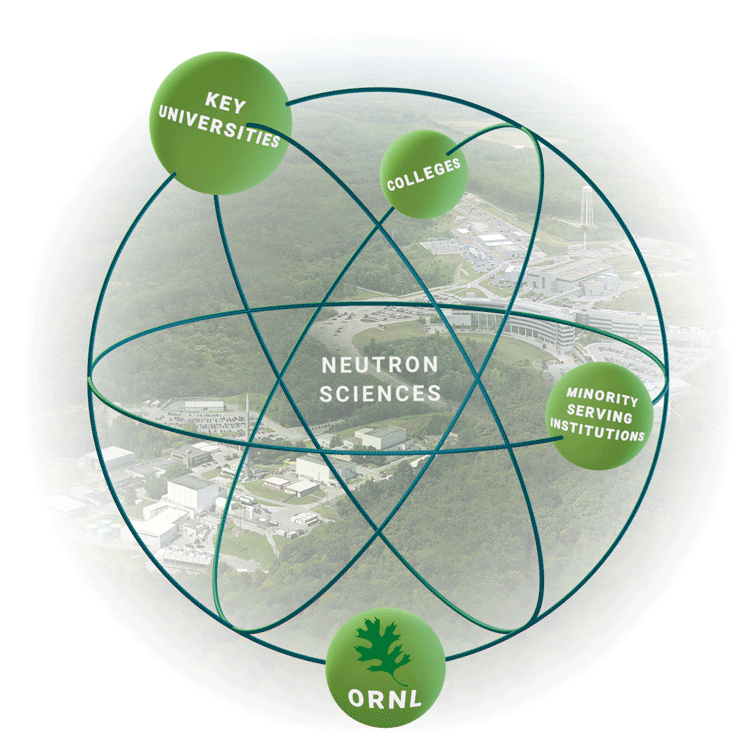
Oak Ridge National Laboratory has launched the first-of-its-kind Neutron Nexus pilot program with the joint College of Engineering of Florida Agricultural & Mechanical University (FAMU) and Florida State University (FSU).
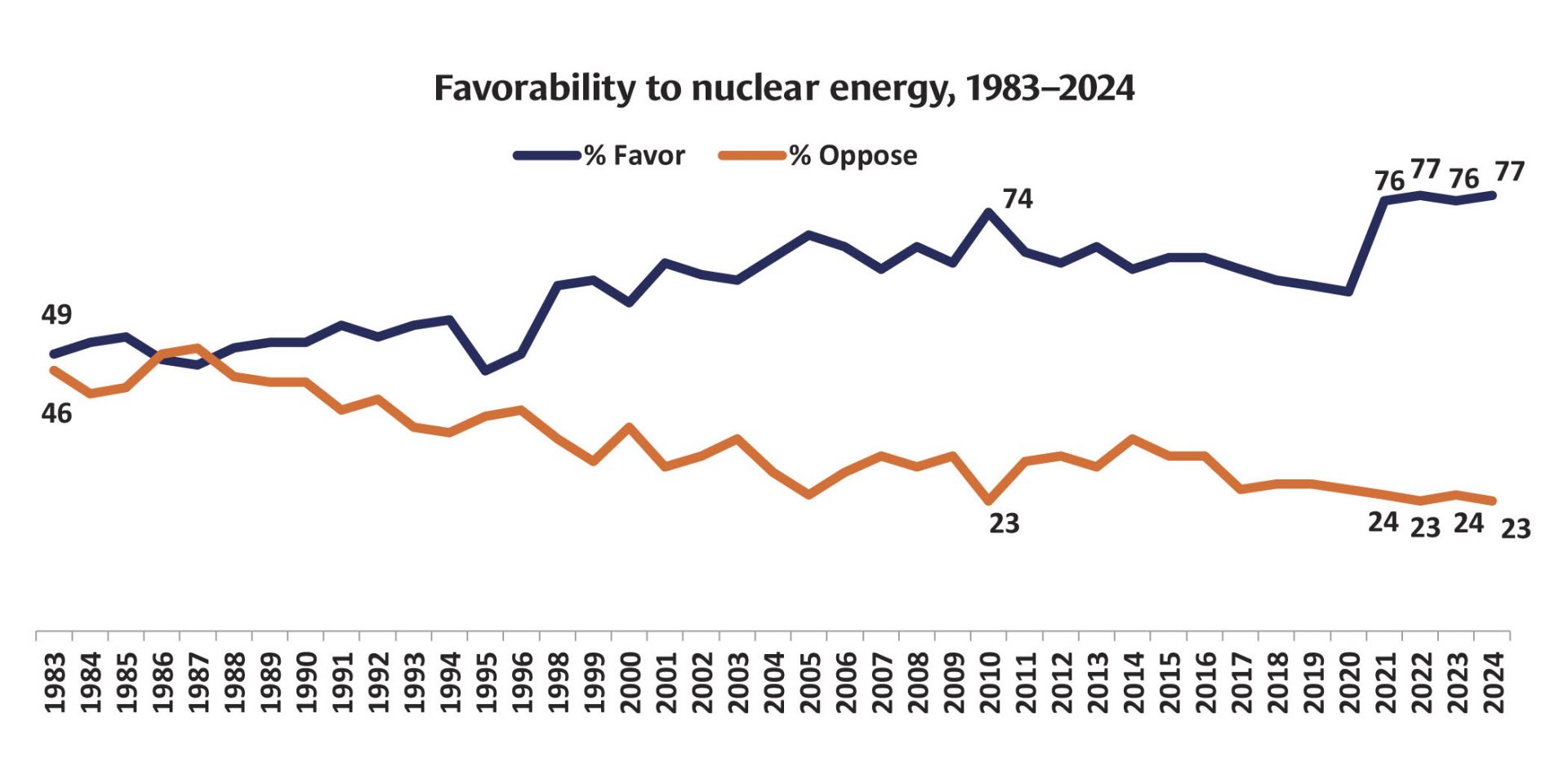
Ann Stouffer Bisconti has been surveying and analyzing the American public’s attitudes and knowledge about nuclear energy for more than four decades. Her research company’s 2024 survey proved to be especially revealing. “The 2024 National Nuclear Energy Public Opinion Survey contained such a wealth of information that I prepared nine reports” to cover all the collected data, she said.
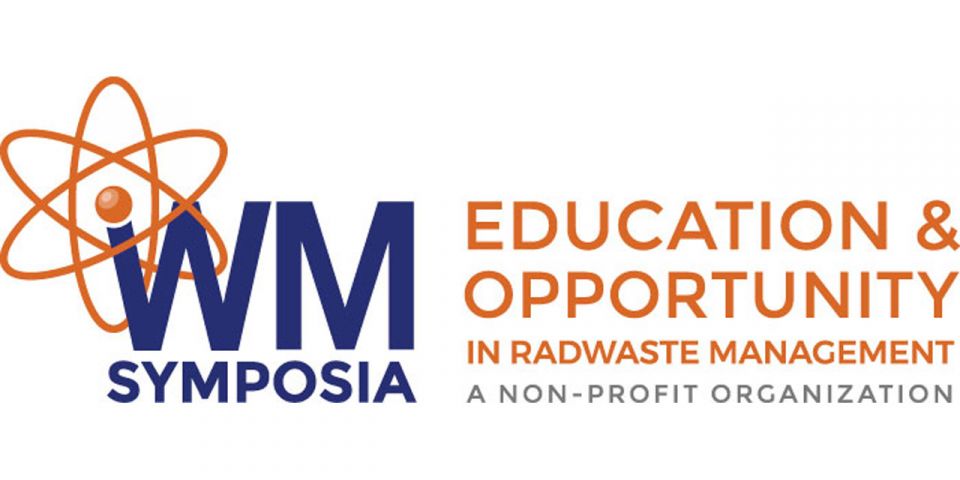
WM Symposia Inc., the nonprofit organization that hosts the annual Waste Management Conference in Phoenix, Ariz., has launched a new initiative dedicated to supporting educators in the fields of science, technology, engineering, and mathematics (STEM).

A new course at the University of Michigan offered by the Nuclear Engineering and Radiological Sciences (NERS) Department seeks to address the lack of community engagement in the design of energy technologies by pioneering a socially engaged approach.
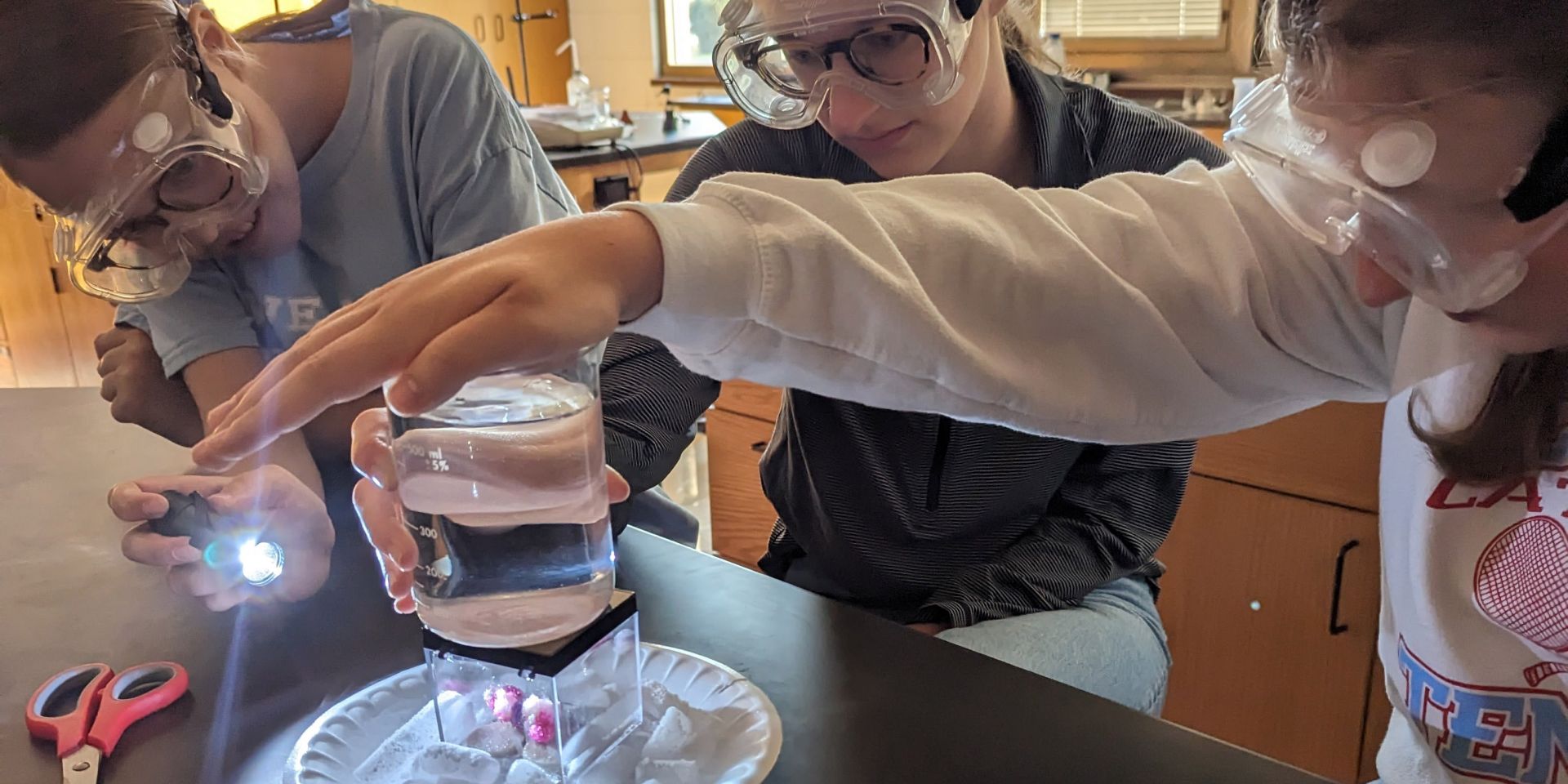
Nuclear science and technology is uniquely positioned to be a gateway for curiosity and exploration for students in grades K–12. Its study examines the literal fabric of reality, it has applications from the tiniest to the grandest of scales. It’s a constantly evolving industry with a bright future of discoveries and new technologies, and it’s an essential factor in our global effort to reduce carbon emissions and transition to cleaner energy sources. Frankly, learning about and doing things with atoms is pretty cool, from a kid’s perspective.